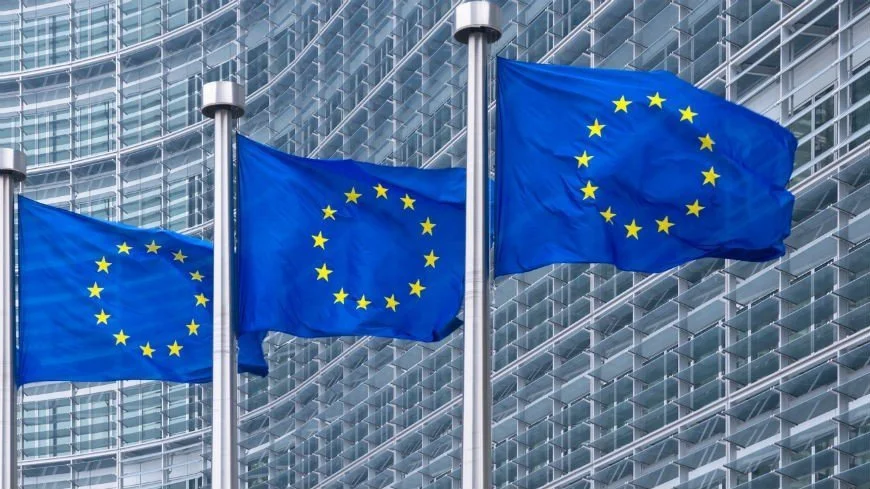The framework for regulating cryptocurrencies and other digital assets in the European Union is one step closer to becoming official, as the proposals receive approval from the European Council.

The European Council, which sets the political agenda for the EU, stated its opinion on the Markets in Crypto Assets (MiCA) framework and the Digital Operational Resilience Act on Wednesday (DORA).
Following the agreement, which must be accepted, the European Council and Parliament may begin talks on the idea before it is passed into law.
The MiCA framework is intended to protect investors and consumers from fraud, providing assurances that their funds would be safe in the case of a cyberattack.
Authorities could impose stricter rules on virtual currency exchange platforms under MiCA if they consider they constitute a risk to investors or consumers.
Following Facebook’s desire to create a stablecoin, initially termed “Libra,” backed by a basket of fiat currencies, the MiCA’s other key goal is to regulate stablecoin issuers.
The new laws, according to the European Central Bank (ECB), will define equivalent cultural requirements for payment service providers in order to ensure consumer safety.
The framework will also include regulations addressing firm governance and risk management, as well as limitations on providing services such as high-risk payment instruments, according to the ECB’s most recent announcement.
The European Council’s own MiCA negotiation mandate, which is over 400 pages long, shows that the EU’s stance on asset-referenced token issuers will not be softened. They should be held to higher standards than issuers of other crypto assets, according to the report.
The negotiation mandate for MiCA included a number of exclusions. The EU’s capital requirements regulation authorizes asset-referenced tokens, and the Council has agreed that they “should not require another authorization under [MiCA] to be issued.”
Banks and other financial institutions that provide stablecoin settlement services should be excluded from capital requirements under MiCA.
Non-fungible tokens, like digital art and collectibles, that are valued based on each crypto asset’s unique traits and benefits, are not subject to MiCA laws, according to the Council.
Tokens that represent unique services or genuine assets, such as “product guarantees or real estate,” are exempt from the requirements.
The MiCA framework was announced by the European Commission in September 2020 as part of its bigger digital finance strategy.
